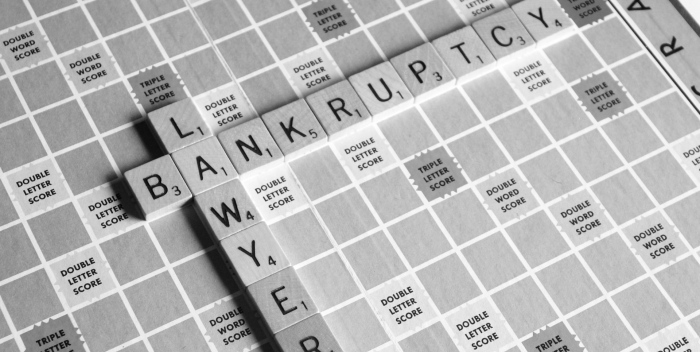A Starter’s Guide to Bankruptcy Law: What Should Everyone Know?
In these difficult and chaotic times, many people are facing financial trouble. While every person hopes to have a steady income, a fulfilling job, and a place to stay, outside circumstances can make that difficult. With rent and unemployment rising, it can be very difficult to get yourself back on track after a financial setback. While you should consider all your options, it’s important to know what they are. Even if you are far from such dire straits, it is important to know what bankruptcy is and how it works. Below is a beginner’s guide to get you started.
How do I Qualify for Bankruptcy?
Essentially, you qualify for bankruptcy by not being adequately able to pay your debts. The purpose of bankruptcy is to provide relief for the financially destitute and debt-ridden. It can liquidate assets to help pay debt, allow for or create time in which to pay those debts. If you find yourself behind on rent, student debt, a housing or small business loan, these can all be cases for bankruptcy. You will have to pass a means test to see if you could with your current income be reasonably expected to pay your debts. What income will qualify for bankruptcy depends on a multitude of factors, including area of residence.
Who Should I Talk To?
While one can file alone, filing for bankruptcy requires a lot of expertise and paperwork. Even if you are facing it as an individual it is important to have some legal muscle on your side. Luckily, there are bankruptcy law experts, attorneys, and lawyers who can help you through every step of the process, as well as help you decide if declaring bankruptcy is right for you.
How Does Bankruptcy Work?
There are various different types of bankruptcy that depend on your situation. For individuals, you should file either Title 7 or Title 9. The essential difference between the two is how the debts are settled. For Title 7, your assets are liquidated to pay the cost. For Title 9, a payment plan is made in conjunction with the court, and your debts are discharged after a set period of time. Both have advantages and disadvantages. You could consult with your lawyer to see what is best for your circumstances.
Bankruptcy is difficult to navigate, especially as you are also dealing with a multitude of other financial pressures. Experts can help you. While bankruptcy is not to be gone into lightly, it can be a major relief. Consult with your family and your attorney and see what the right move is for you.





